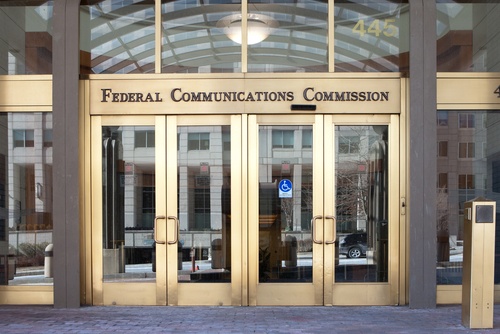Key Takeaways
• Jimmy Kimmel’s controversial joke led to a sudden ABC show suspension.
• Disney faced FCC threats and free speech debates before reinstating the show.
• Sinclair and Nexstar affiliates boycotted the show, sparking public protests.
• Investors and viewers questioned media power and regulatory oversight.
Kimmel Controversy Shakes Media
Jimmy Kimmel made a remark that stirred strong reactions. As a result, Disney pulled his ABC show off the air. Later, Disney reversed its decision under pressure from free speech advocates and FCC warnings. Meanwhile, big affiliates refused to air the show. Consequently, the situation exposed clashes between networks, regulators, and the public.
Why the Kimmel Controversy Matters
The Kimmel controversy highlights how one comic comment can shake a media giant. It shows the impact of language in today’s digital age. Moreover, it reveals how regulators like the FCC can influence programming. In addition, it exposes the power of local affiliates over national networks. As a result, audiences felt caught in the middle of a tense debate.
The Sequence of Events
First, Jimmy Kimmel made a joke that many found offensive. Next, Disney decided to suspend his show indefinitely. Then, the FCC threatened investigations into potential policy breaches. After that, free speech supporters criticized Disney’s move. Finally, facing mounting pressure, Disney reinstated the show within days.
Disney’s Fast-Fail Decision
Disney moved quickly when the controversy broke out. However, the fast suspension confused viewers and staff. Some employees felt the network acted without clear guidelines. Meanwhile, Disney’s leaders faced calls for both accountability and defense of speech. As a result, the reversal felt like a hasty attempt to please everyone.
Affiliate Boycotts and Public Backlash
Sinclair and Nexstar affiliates refused to air the show. They argued that Kimmel’s joke crossed the line. Many local stations wanted to avoid fines or public anger. Consequently, viewers could not watch the show in several markets. In response, some fans organized online boycotts against those affiliates. Others demanded that Disney or ABC negotiate for returns.
FCC Threats and Free Speech Debate
The Federal Communications Commission warned Disney of possible violations. The FCC claimed the joke might break broadcasting rules. However, critics said regulators were overstepping. They believed Disney should decide its own standards. Meanwhile, lawyers debated whether jokes count as protected speech. This debate added fuel to an already intense fire.
Media Power Dynamics in Play
This incident underscores the tug of war between big networks and local stations. Disney, as a content creator, wants control over its shows. But affiliates hold the airwaves and can block programming. In addition, regulators like the FCC can impose penalties or fines. Therefore, the balance of power in media remains fragile.
Investor Concerns and Reputation Risks
Shareholders watched the situation closely, fearing lost ad revenue. Advertisers worried about brand safety in a volatile climate. As a result, Disney’s stock dipped slightly amid the controversy. Some investors questioned whether Disney has clear crisis plans. Others worried that similar incidents could hurt future earnings.
What This Means for Free Speech
On one side, people call for open expression on TV. They argue comedy needs freedom to push limits. On the other side, critics demand accountability for offensive remarks. They say networks must enforce strong ethical guidelines. Consequently, media companies now face tough choices. They must balance creative freedom with audience demands.
Lessons for Media Companies
First, clear policies on content can prevent hasty decisions. Second, communication between networks and affiliates needs strengthening. Third, crisis teams should prepare for rapid public and regulatory responses. Finally, respect for free speech and sensitivity to viewers must go hand in hand.
Looking Ahead
Disney’s quick flip-flop may not be its last dilemma. As digital platforms grow, controversies could spread faster. Affiliates might gain more leverage in negotiations. Regulators could tighten rules or face pushback. Most importantly, viewers will keep monitoring how media handles these challenges.
Final Thoughts
The Kimmel controversy reminds us that words have power. In today’s connected world, a single joke can spark global debates. Moreover, it shows the tightrope media companies walk between creativity and responsibility. As a result, networks, affiliates, regulators, and audiences must learn from this drama.
Frequently Asked Questions
What triggered Jimmy Kimmel’s ABC show suspension?
His on-air comment drew complaints and led Disney to pull the show pending review.
How did Disney respond to FCC threats?
Disney initially suspended the show but reversed the decision after FCC warnings and free speech pushback.
Why did Sinclair and Nexstar boycott the show?
They felt the joke was unacceptable and didn’t want to face potential fines or public ire.
Could this lead to new broadcast regulations?
Possibly. The incident may prompt the FCC and networks to clarify content rules and protections.
